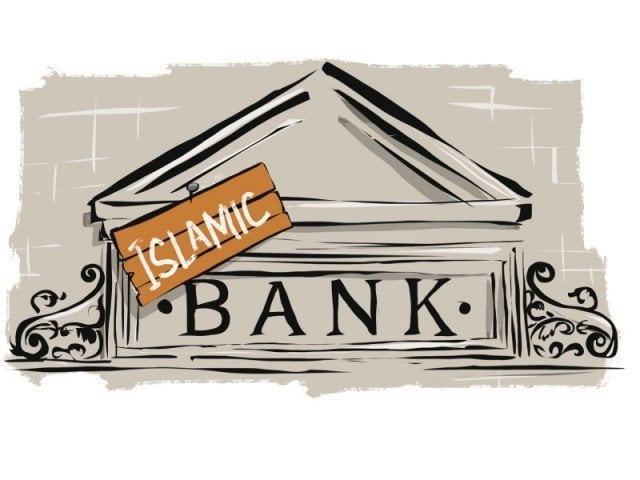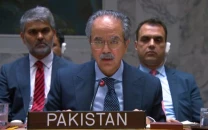Islamic seminary in India issues fatwa against family members earning 'haram' money
Avoid family members earning money from banking jobs, especially when considering marriage proposals, says fatwa

CREATIVE COMMONS
The seminary gave its order to a query from a person in which the enquirer had stated that he had a few proposals for marriage from families where the father earned money from a banking job in India, Times of India reported.
Shariah-compliant assets making headway
"Obviously, the family is raised on haram money. Is it preferable to marry in such families?" he asked in light of the previous fatwas issued by Darul Uloom.
In its reply, the seminary's fatwa said, "Marrying in such a family is avoidable and not preferable. Those who are nourished with 'haram' (illegitimate) wealth are not good with respect to instinct and morals. Hence, it should be avoided. One should find a match in a pious family."
Shariah prohibits paying any fee for renting of money (called riba) for specific periods of time.
It also prohibits any sort of investment in businesses that are considered 'haram' or against the principles of Islam.
It is largely believed that these principles have been derived from the Holy Quran and have been in practice since then.
Islamic finance attracts non-Muslim countries
Islamic banks work on the principles of interest-free banking. Riba or interest under Islamic law basically mean anything in excess - the investor should not make an undue profit from the hard work of the other.
With respect to the working of Islamic banks, they invest the money collected in something that is Shariah compliant, that is not haram and does not involve high risks. Thus, businesses involving alcohol, drugs and war weapons as well as all other high risk and speculative activities are prohibited.
These are departments within the banks and they offer Shariah compliant products to customers. China, the United Kingdom, the United States, Germany, among others are some of the countries that offer Islamic windows.
This article originally appeared on The Times of India.



















COMMENTS
Comments are moderated and generally will be posted if they are on-topic and not abusive.
For more information, please see our Comments FAQ